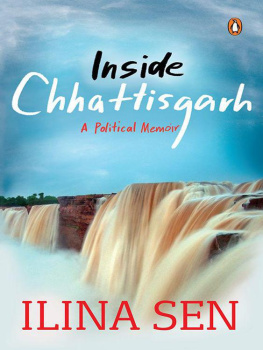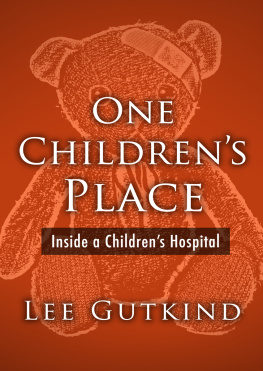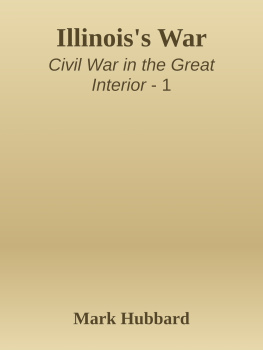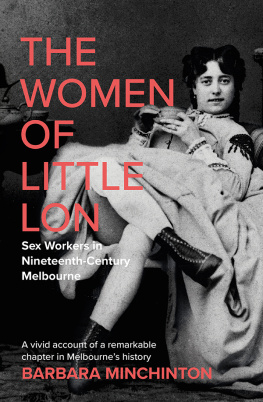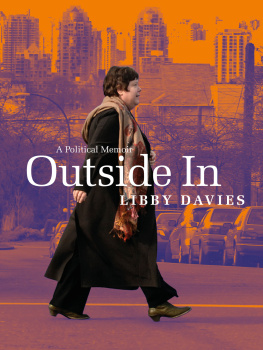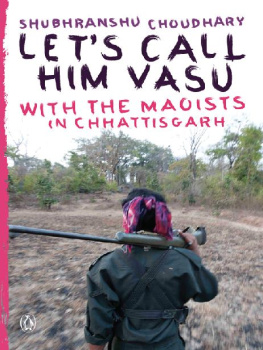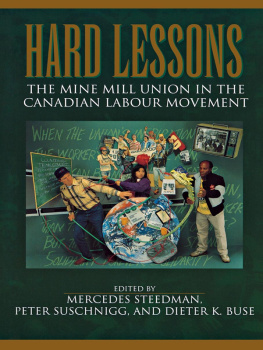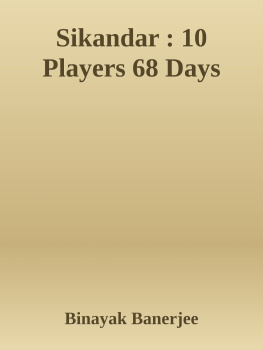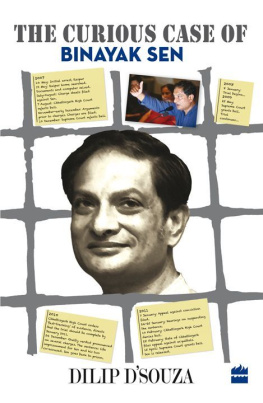The happenings around the arrest, trial and conviction of Binayak Sen in Chhattisgarh as well as our struggles for his release anchor this book. It is, however, by no means a book about the Binayak Sen case. Rather, it is about the life that weBinayak, I, our daughters, colleagues and many friendslived in this beautiful region, the richness of that experience and the lessons from those years.
Chhattisgarh, for me, has always been much more than a place of work. Our engagement with the land and its people goes beyond that. It has been our home; its people have been our own; it lies at the root of our sense of belonging there. The trauma we experienced following the case can in no way wipe out those rich memories. I have tried to recreate the bittersweet cocktail that Chhattisgarh has now become for our family members. I wish that the bitter remains a subject for intellectual analysis, and the sweet passes, through these recollections, into the collective consciousness of my readers.
One
Courts, Jails and the Art of Coping
Twenty-fourth December 2010. It was like any other Christmas Eve morning at our Raipur apartment. I woke up around half past six, sleepily sipping the coffee Binayak had made for me, as he has done every morning in all these years weve been together. Friends Kavita Srivastava and Neelabh Mishra were arriving by the early morning flight, as they wanted to be with us on that day. Slowly, as I brushed off sleep and began to read the many text messages sent by friends, it hit home that whatever happened, it was not going to be a normal day. Kavita, a human rights activist, and Neelabh, a Hindi journalist, reached our home in the next few hours, as had Binayaks brother, Dipankar (Tapan for the family) the night before, with Vivek, a friend from Mumbai, who had been active in the citys Committee for the Release of Dr Binayak Sen.
Looking back, it seems strange that no friends in town or neighbours dropped by in solidarity either the evening before or on the morning of the verdict. At that time we took it in our stride, a reflection of the isolation and demonization we had case was expected on that day, and additional forces had been called into the city, already on red alert. Time raced as we organized ourselves to head for the district and sessions court; Binayak embraced me and our daughters as he began to go downstairs. Around 10.30 a.m., as we got into the waiting car, I noticed a uniformed man, leaning cockily on his motorbike parked opposite our flat, pick up his walkie-talkie and speak into it.
At the court, there were many other friends and supporters waiting for us. Dr Jonathan Fine, founder of the organization Physicians for Human Rights, awarded the joint Nobel Peace Prize in 1997, was there, and he recorded a short audio interview with Binayak. Journalists milled around. There was a muted excitement in the air, and many more people on the premises than usual. As we sat in a corner of the open courtyard opposite the courtroom, I could see Police Inspector Jagrit, public prosecutor T.C. Pandya and a bunch of lawyers settling down likewise in another corner. Although Binayak (and we) remained outwardly calm, the tension was obviously mounting.
Within the courtroom there was a strange lull; a few people went inside and reported that the judge was waiting for Narayan Sanyal and Pijush Guha to be brought from jail before emerging from his chamber. At about 12.40 p.m. they were brought in and, with their arrival, the heavy police guard closed in around the court premises and courtroom. Binayak was called in by the amiable court chaprasi (attendant) with a short Aapko bula rahe hain (You are being called); we were delayed in getting in as we negotiated the police cordon, the search of our handbags, the recording of our names and reasons for our presence.
By the time I went inside, the room was already crowded and the judge was asking the three men in the dock to identify themselves and state their addresses and occupations. I noticed that the question Kya karte ho? (What do you do?) was not put to Sanyal. There was, however, not much time to think or react; the court routines were rushing past us, and soon it was time for the verdict to be read out.
As is normal in trial court practice, the verdict was read out first, arguments by the counsels followed, and sentencing came last. In the three and a half years of trial that had preceded this, the prosecution had presented its evidence first, and each of the accused was given a chance to present evidence in his favour afterwards. At the very end of the process, the three accused were given a chance to present their side of the story.
In his statement, Binayak detailed his medical training at Vellores Christian Medical College, his teaching stint at Jawaharlal Nehru University (JNU), and his setting up of medical facilities in the hinterland of Madhya Pradesh and Chhattisgarh. He pointed out firstly, how the efforts of the Chhattisgarh unit of the Peoples Union for Civil Liberties (PUCL), of which he was the general secretary, were geared towards the establishment of good governance and constitutional values and how their findings were always available in the public domain. He also described how the PUCL had indeed acted as a whistleblower on the Salwa Judum, but concern about this body had already been expressed by organizations like the National Human Rights Commission (NHRC) and UNICEF, and even the Supreme Court. It was as a human rights worker, concerned about the rights of prisoners, that he had first visited Narayan Sanyal in jail, along with Sanyals family members and lawyer, and made subsequent visits, always with the permission of the jail authorities, and had facilitated the medical treatment of Sanyal. Lastly, he clarified that the documents seized from his home were all in the public domain and/or part of published material from other human rights organizations and none of it was secretly obtained. In short, he argued that the basis of his prosecution was flawed and raised questions of credibility.

